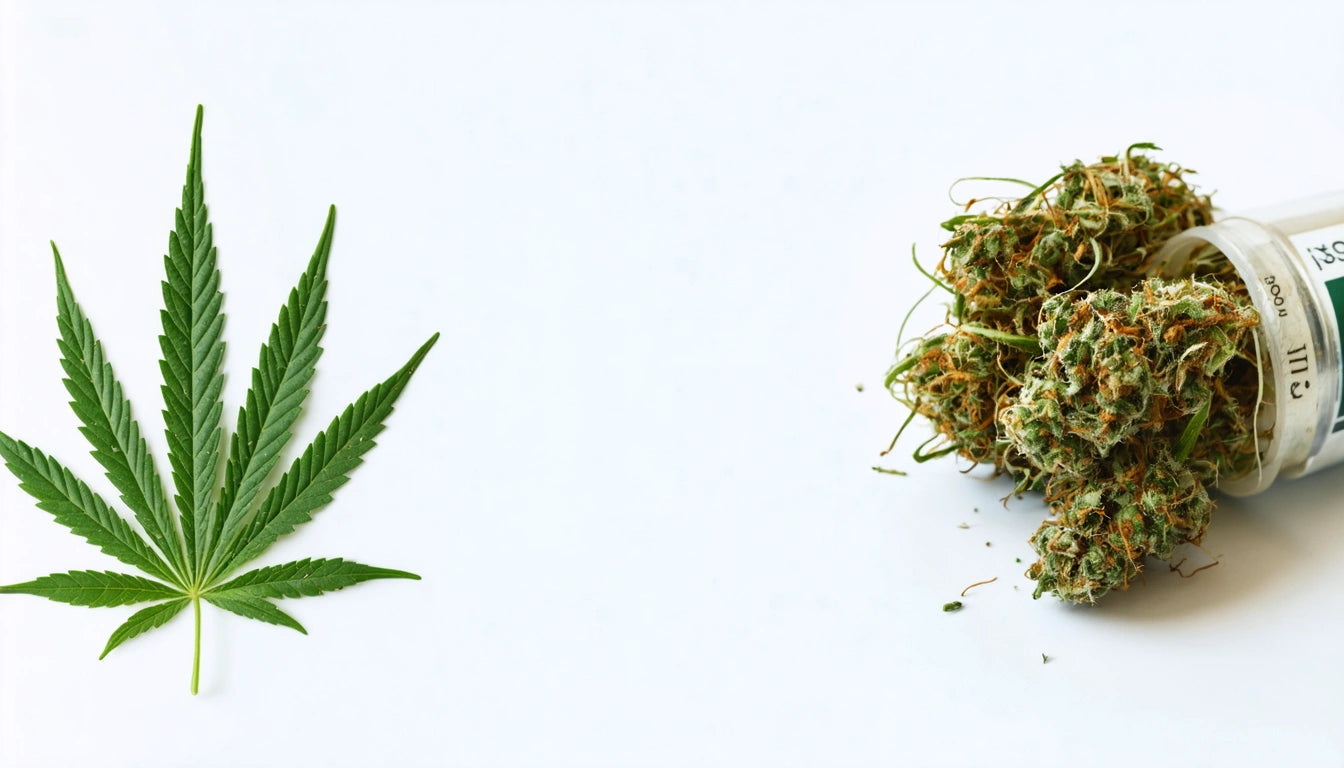Table of Contents
Maximizing Profit and Understanding the Impact of Aluminum Can Recycling
Aluminum can recycling represents one of the most successful recycling programs worldwide, offering both environmental benefits and financial incentives. Whether you're curious about how much you can get for recycling cans or interested in the broader impact of aluminum recycling, this guide provides comprehensive insights into the economics and environmental aspects of this important sustainability practice.
Financial Benefits of Recycling Aluminum Cans
Many people wonder exactly how much they can get from recycling cans. The payment for aluminum can recycling varies based on several factors, including your location, current market prices, and the quantity of cans you're recycling.
On average, recycling centers pay between $0.40 to $0.70 per pound of aluminum cans. Considering that approximately 30-35 aluminum cans make up one pound, you can expect to receive about 1-2 cents per individual can. While this might seem modest, the earnings can accumulate quickly when collecting in volume.
Factors Affecting Recycling Payments
- Geographic location and local recycling programs
- Current market value of aluminum
- Cleanliness and condition of the cans
- Whether you're in a state with container deposit legislation
- Volume of cans being recycled
In states with bottle bills or container deposit programs, you can receive significantly more, typically 5-10 cents per can, depending on the state's specific legislation.
Aluminum Can Recycling Rates and Statistics
Understanding how many cans are recycled each year provides context for the scale and importance of aluminum recycling. According to industry data, approximately 105 billion aluminum cans are recycled globally every year. In the United States alone, about 50 billion aluminum cans are recycled annually.
The recycling rate for aluminum cans in the U.S. hovers around 50%, meaning half of all aluminum cans produced are successfully recycled. This represents one of the highest recycling rates among all recyclable materials, though there's still significant room for improvement.
Maximizing Your Recycling Profits
If you're interested in maximizing how much you can get recycling cans, consider these practical strategies:
Volume Collection
Understanding how many cans in a carton or case can help you plan your collection strategy. A typical case of aluminum beverage cans contains 24 cans, while bulk packaging may contain significantly more. For recycling purposes, focus on the weight rather than the count, aiming for pounds rather than individual cans.
Strategic Collection
Establish collection points at high-consumption locations such as offices, community centers, or events. Many organizations are willing to participate in recycling initiatives that benefit both the environment and community projects. For businesses looking to implement sustainable practices, specialized recycling programs with customized collection solutions can significantly increase participation rates and volume.
Timing Your Redemption
Aluminum prices fluctuate based on market conditions. Tracking these fluctuations and timing your redemption when prices are higher can increase your returns. Some recyclers use apps or websites to monitor current scrap metal prices in their area.
Environmental Impact of Aluminum Recycling
The environmental benefits of aluminum recycling extend far beyond the financial incentives. Recycling aluminum requires only 5% of the energy needed to produce new aluminum from raw materials. This energy efficiency translates to significant reductions in greenhouse gas emissions.
For every ton of aluminum recycled, approximately:
- 9 tons of CO2 emissions are prevented
- 14,000 kWh of energy is saved
- 4 tons of bauxite (the raw material for aluminum) is conserved
These statistics highlight why understanding recycling from aluminum cans to digital bins is crucial for environmental sustainability efforts.
Packaging Considerations for Recycling
For businesses and consumers alike, understanding packaging recyclability is essential. Aluminum cans are among the most recyclable packaging options available, with nearly infinite recyclability without loss of quality.
When considering packaging options, it's important to recognize that aluminum cans have several advantages over other materials:
- Lightweight, reducing transportation emissions
- Provide excellent product protection
- Highly recyclable with established infrastructure
- Retain value in the recycling stream
For more information on recyclability of different materials, consult this comprehensive recycling guide for packaging materials.
The Future of Aluminum Recycling: Trends and Innovations
The aluminum recycling industry continues to evolve with technological advancements and increasing sustainability awareness. Several trends are shaping the future of this sector:
Advanced Sorting Technologies
AI-powered sorting systems are improving the efficiency and accuracy of separating aluminum from other materials, increasing recovery rates and reducing contamination.
Closed-Loop Systems
More companies are implementing closed-loop recycling programs, where their products are designed to be collected, recycled, and remanufactured into new products of the same type.
Consumer Education
Increased focus on consumer education about recycling symbols and practices is helping to reduce contamination and improve recycling rates.
As sustainability becomes increasingly important to consumers and regulators alike, the value of aluminum recycling—both financial and environmental—will likely continue to grow. By understanding how much you can get for recycling cans and implementing efficient collection strategies, individuals and businesses can contribute to environmental sustainability while potentially generating additional income.











Leave a comment
All comments are moderated before being published.
This site is protected by hCaptcha and the hCaptcha Privacy Policy and Terms of Service apply.